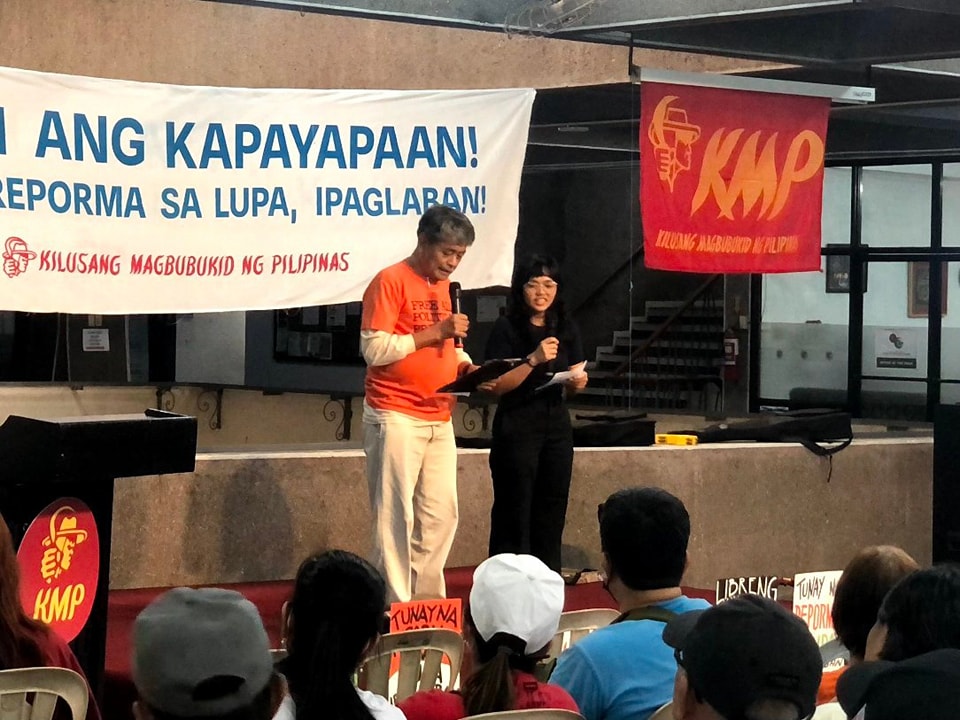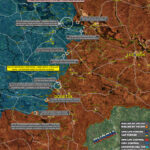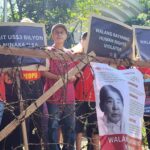“We are commemorating the Mendiola Massacre this year at a period when farmers and fisherfolks are reeling from severe economic crisis. Mendiola Massacre will forever remain a bloody emblem of the Philippine government’s failure to implement genuine agrarian reform, the perpetuation of political killings of farmers and land reform advocates, and the persistence of the decades-old problem of feudal exploitation and poverty of the Filipino peasant masses,” according to KMP chairperson emeritus Rafael Mariano.
Every 22nd day of January since 1987, farmers recall the tragedy of Mendiola Massacre as we hold accountable present and previous regimes for the absence of genuine and redistributive land reform program in the country,” the KMP leader said.
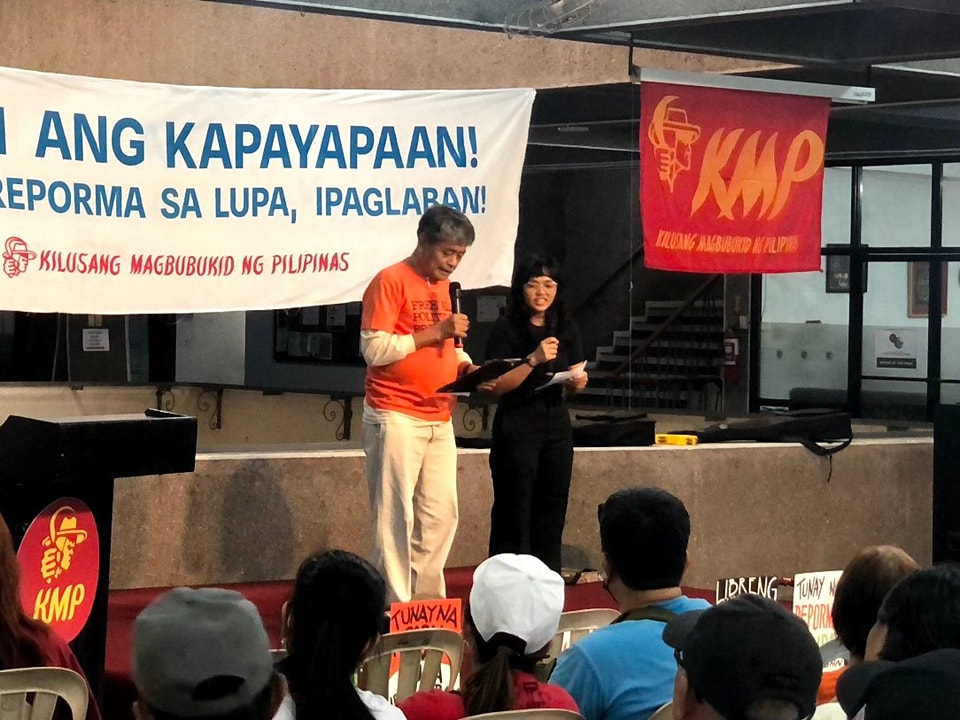
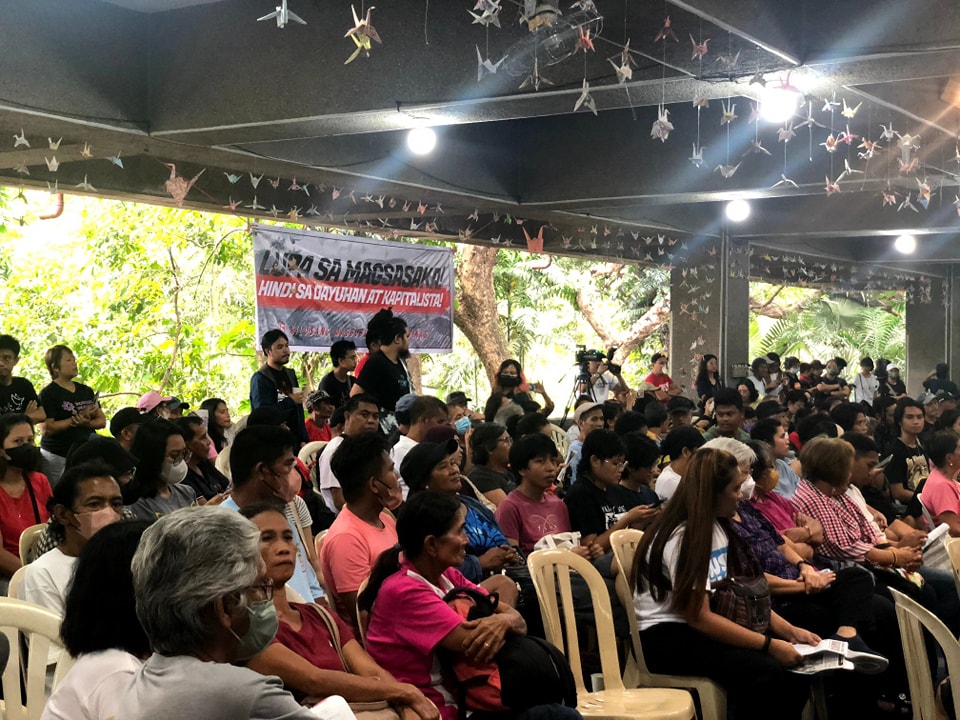
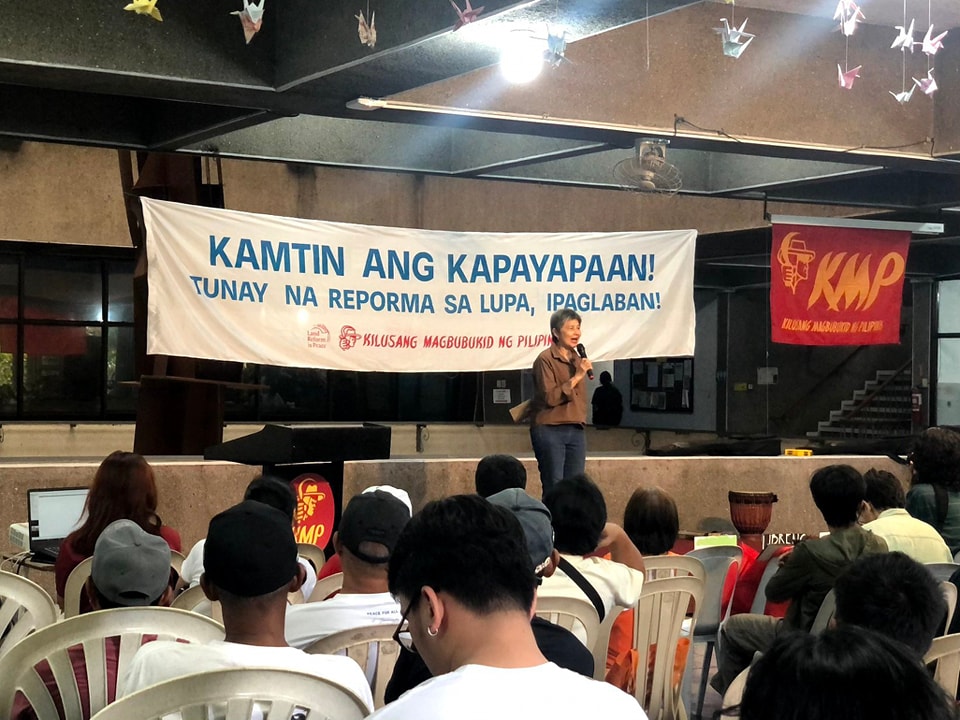
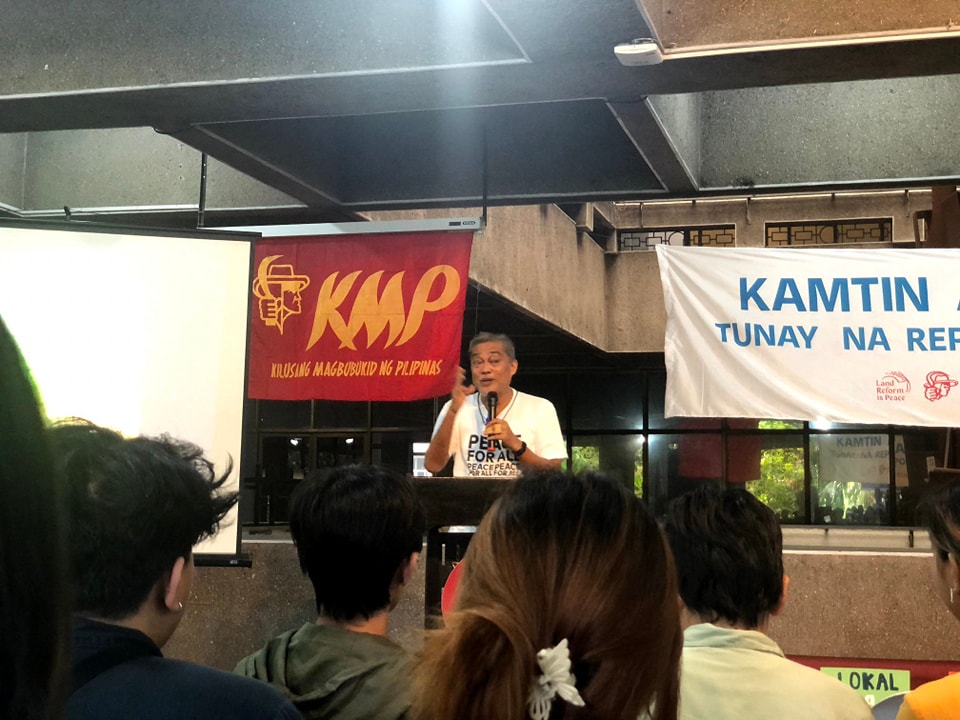
We remember the martyrs of Mendiola and demand genuine land reform, free land distribution, and social justice but our calls usually fall on deaf ears. The Marcos Jr administration even made it worse for farmers by espousing anti-farmer policies like the New Agrarian Emancipation Act, the RCEP, and now Charter Change,” Mariano added.
“Today, we remember the 13 martyrs of Mendiola — Danilo Arjona, Leopoldo Alonzo, Adelfa Aribe, Dionisio Bautista, Roberto Caylao, Vicente Campomanes, Ronilo Dumanico, Dante Evangelio, Angelito Gutierrez, Rodrigo Grampan, Bernabe Laquindanum, Sonny Boy Perez and Roberto Yumul. No one was arrested, convicted and punished for their deaths. Ang isinigaw at ipinaglaban ng mga magsasakang nagmartsa pa-Mendiola noong 1987 ang siya pa ring malakas na panawagan ng mga magsasaka hanggang sa ngayon,” says KMP leader Danilo Ramos, a survivor of Mendiola Massacre.
On the day of the massacre, more than 20,000 farmers from Luzon provinces marched to Mendiola Bridge near Malacanang to present their demands to then-President Cory Aquino. The protest was the culmination of an 8-day campout at the then Ministry of Agrarian Reform (now DAR) in Quezon City.
Farmers and land reform advocates presented then their demands for genuine agrarian reform. Among the demands they raised were: 1) distribution of lands for free to farmers; 2) zero-retention of lands by landlords; and 3) discontinuation of amortizations of land payments.
“The persisting anti-farmer policies of the Marcos Jr regime, such as the NAEA, the Rice Liberalization Law and tariff reduction, the Anti-Terrow Law, Charter Change among others, have been stoking centuries-old problems of landlessness, injustice, and militarization faced by the Filipino rural poor,” Ramos said.
“What must be done is to address the roots of rural poverty and injustice, to implement a genuine agrarian reform program with free land distribution at its core, to end the militarization of rural communities, and to resume the peace negotiations that will tackle the Comprehensive Agreement on Social and Economic Reforms,” the KMP leader explains.
KMP said the demands for land, justice, and peace are more imperative now. Our calls for land, justice, and peace have become more imperative today, 37 years after the Mendiola Massacre,” Ramos concluded. ###

